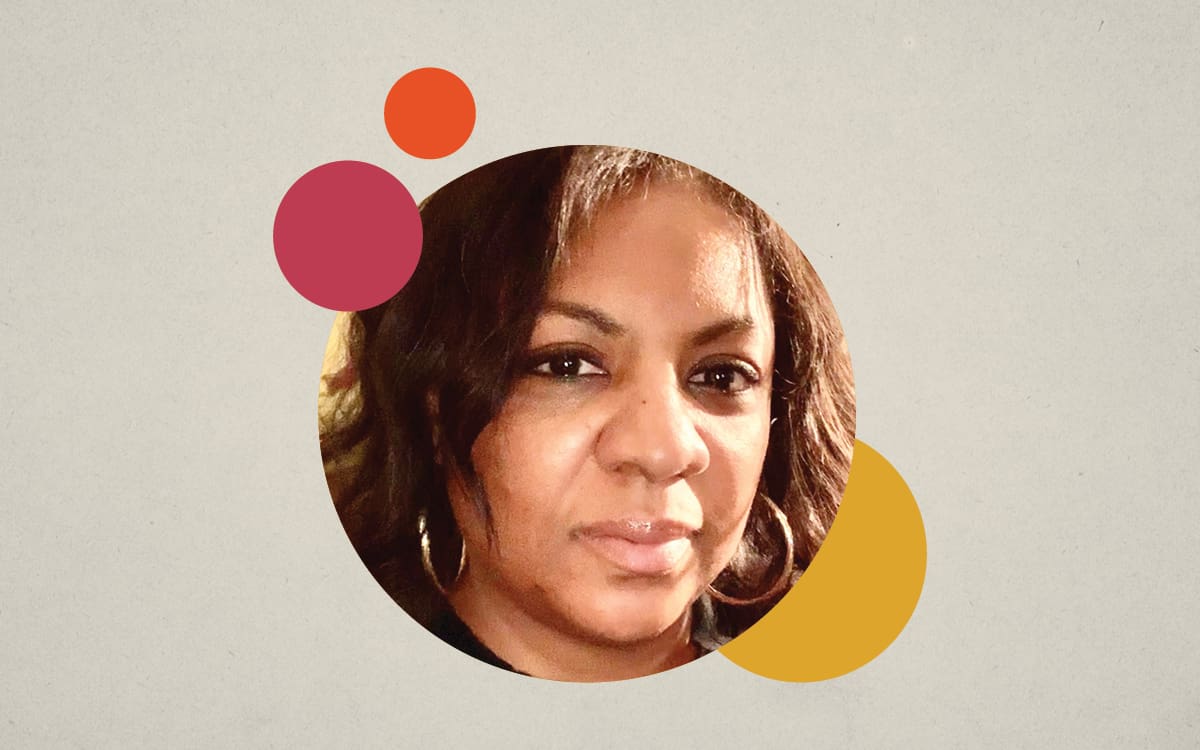Investing in Single Moms’ College Completion Benefits Families, Communities, and the Nation
2022 JP Alumni Fellow Jinaa Lane explains how supporting single moms in completing college in the short term will help economies at all levels in the long term.
about the author
Jinaa Lane is a program coordinator, 2010 JP Minneapolis graduate, and 2022 JP Alumni Fellow.
It is 5:30 a.m. I rise and get ready for the day. I wake up my daughter, who is 5 years old. I help her with her morning routine. By 6:30 a.m., we are out the door. First, I drop her off at the before-school care program. I then run four and a half blocks to catch the 7:05 a.m. train in downtown Minneapolis so I can catch the 7:40 a.m. bus to get to St. Catherine University in St. Paul by 7:55 a.m. I run across campus to get to my 8 a.m. class, sliding in by the skin of my teeth. I will then attend three additional classes and rush to catch more public transportation to get to one of my three jobs. I leave work at 7 p.m. in St. Paul and go back to downtown Minneapolis to pick up my daughter. The after-school program has ended, and my daughter has been taken upstairs to the pool for swim team practice. I arrive as swim practice is ending. After the post-swim practice routine, we make our way home, where we arrive after 9 p.m. I hurry to make dinner, eat, and send my daughter to bed most days at 10:30 p.m. I try to shake the overwhelming exhaustion and study. It is almost impossible to keep my eyes open.
I wanted a college education because I was determined that poverty would not be my family’s way of life. Many nights, I did not know how I would successfully acquire my bachelor’s degree at this tempo. The idea that I would not accomplish the one thing I believed would pull me from poverty often brought me to tears. I decided to stretch my income with federal student loans. Attending a private university did not allow for these loans to go far, and I continued to work multiple jobs to not only pay for my schooling but also to cover living costs, which included childcare and my daughter’s swim team fees. I eventually completed my bachelor’s degree — which took eight years.
The strides single moms make in obtaining degrees take a backseat to staggering debt that puts their plans for their families’ well-being in danger.
My story is not an uncommon one for many single-mother students. Single mothers working toward college degrees encounter financial barriers, unbalanced time allotment (family, work, and school), and the high cost of childcare, leading to delayed degree completion rates and overwhelming debt. And because FAFSA doesn’t cover childcare, student parents actually pay more for college than students without children do. Most single mothers in college are unable to contribute to their college costs and receive no assistance from family. As a result, the strides these moms make in obtaining degrees take a backseat to staggering debt that puts their plans for their families’ well-being in danger. This was also my reality.
The Institute for Women’s Policy Research reports that, on average, single-mother students complete associate degrees within four and a half years and bachelor’s degrees within six years. As a result, these hardworking student-parents have more student debt than other women students.
It doesn’t have to be this way.
Policy-based investments supporting single mothers’ college completion not only help families avoid crippling financial burdens due to debt but also benefit the local, state, and national economy for the long term: reducing poverty; increasing present and future earnings, which will increase tax contributions; and reducing the need for public assistance. It just takes our national leaders having the will to open this door for mothers on the financial margins.
A mother’s attempt to acquire economic stability for her family should not lead to an ongoing financial deficit that will overshadow the benefits of obtaining a college education.

